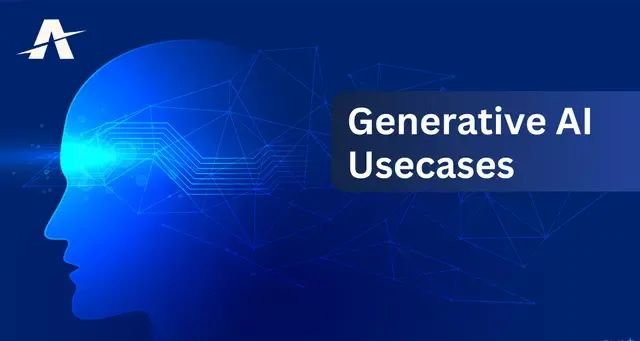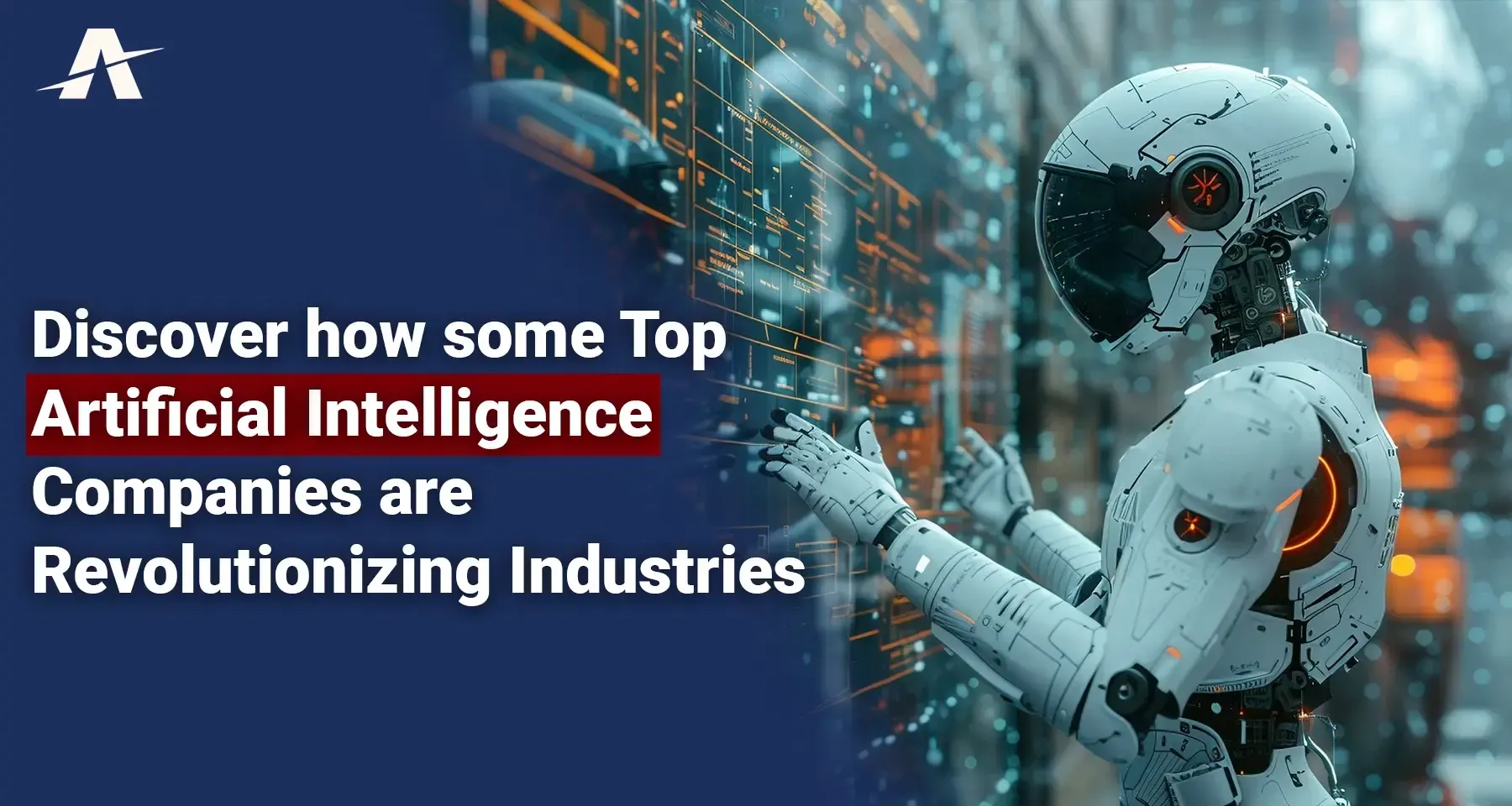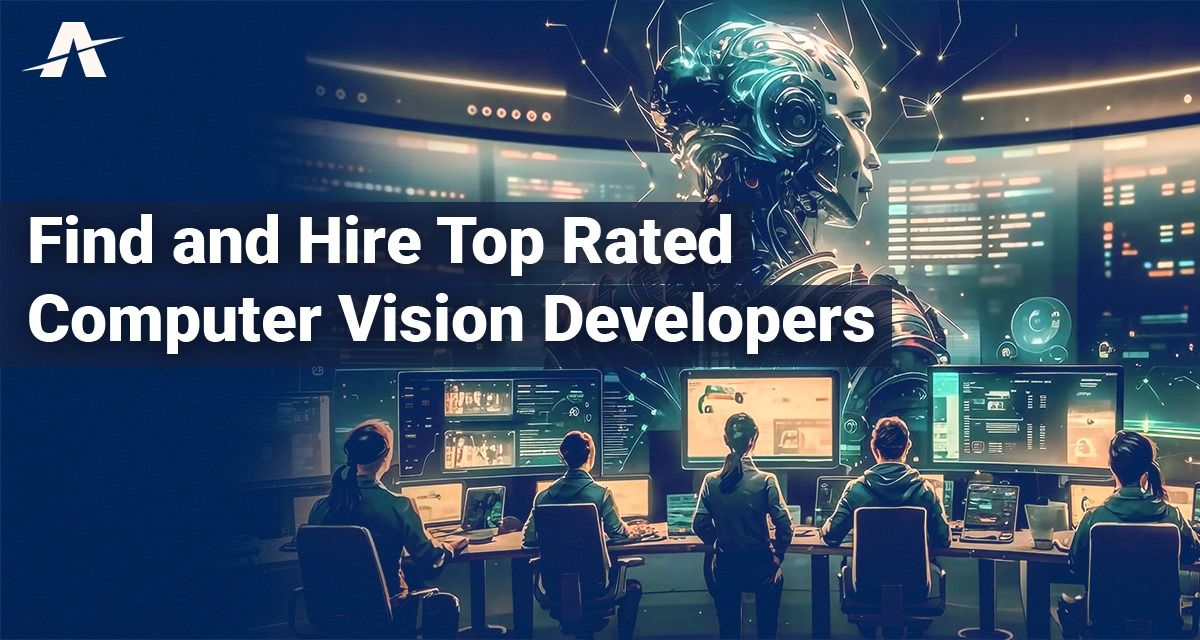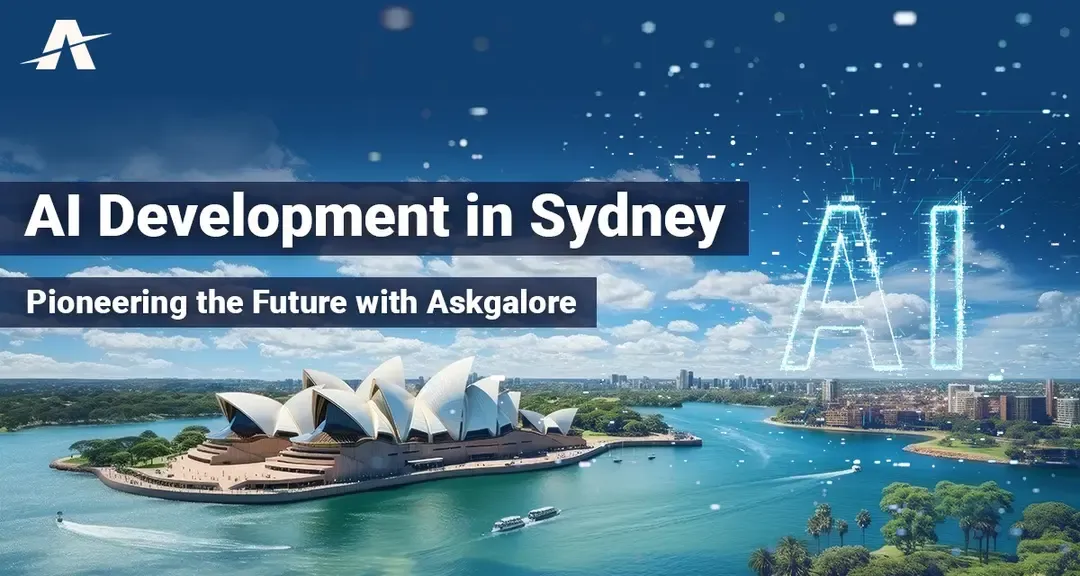
Artificial intelligence (AI) has influenced nearly every industry and sector. From healthcare to finance, retail to transportation, AI is making significant changes. Companies leading in AI technology, known as AI Development Services, utilise advanced algorithms and machine learning to create impactful solutions. These AI models handle large data sets, allowing businesses to base their decisions on data and enhance their efficiency. AI also enables the automation of large, time-consuming tasks, leading to cost savings and better customer experiences.
AI plays a critical role in customer service, where chatbots and virtual assistants are becoming smarter, providing faster and more personalised services. These tools not only improve customer satisfaction and service quality but also allow human employees to focus on more complex issues. In summary, AI is transforming industries by driving innovation, increasing efficiency, and revolutionising customer interactions. We invite you to learn more about the exciting developments in AI and the leading companies utilising AI Development Services.
The Top AI Companies in Various Industries
AI technology is being adopted by companies across various industries, each harnessing its potential to suit their specific needs. Let's take a closer look at some of the top AI companies in different sectors and the impact they are making.
These enhancements make ChatGPT-4 a more powerful tool for developers and companies that are looking to create or improve 3D virtual try-on technologies, providing a more interactive, accurate, and satisfying user experience.
AI in Healthcare
In the field of healthcare, AI has the potential to save lives and improve patient outcomes. Companies like IBM Watson Health are using AI-powered algorithms to analyse medical data and assist in diagnosing diseases. AI can quickly process vast amounts of patient information and medical literature to help doctors make more accurate and timely decisions. Additionally, AI is aiding in the development of personalised treatment plans and drug discovery, leading to more efficient and effective healthcare delivery.
Another notable company in the healthcare AI space is Google's DeepMind. DeepMind's AI models are being used to predict patient deterioration in hospitals, allowing medical professionals to intervene and prevent adverse events. AI is also being utilised to improve medical imaging, enabling radiologists to detect diseases like cancer at an earlier stage. With AI's ability to analyse medical data and assist healthcare professionals, the future of healthcare looks promising.
AI in Finance and Banking
AI has been adopted by the finance and banking sector. For example, JP Morgan Chase’s AI is widely used for automating time-consuming chores including data entry and fraud detection. This increases the efficiency of the processing, reduces errors and, as a consequence, risks. AI-powered chatbots, which were utilised to deliver customised financial advice and assistance to clients, have helped to make banking more accessible and enjoyable.
Another leading AI company in this sector is Ant Financial, an affiliate of Alibaba Group. Ant Financial uses AI algorithms to analyse customer data and assess credit risks, allowing them to provide financial services to underserved populations. AI is also being utilised in algorithmic trading, enabling financial institutions to make faster and more accurate investment decisions. With AI's ability to automate processes and provide real-time insights, the finance industry is being transformed.
AI in Manufacturing and Logistics
Artificial intelligence is transforming the way products are produced, shipped, and delivered in the manufacturing and logistics sector. For example, artificial intelligence optimises manufacturing lines, allowing companies such as Tesla to operate more effectively and save costs. In addition, in warehouses, robots are revolutionising inventory management and order fulfilment, completing tasks in milliseconds or faster and with more precise results. Second, artificial intelligence algorithms analyse data to predict demand, enabling businesses to optimise supply chains.
Amazon, a pioneer in AI adoption, has implemented AI-driven systems in their fulfilment centres to automate tasks such as picking and packing. This has significantly increased productivity and reduced errors. AI is also being used for route optimisation in transportation, reducing fuel consumption and improving delivery times. The integration of AI in manufacturing and logistics is transforming the industry, making it more efficient and responsive to customer demands.
AI in Retail and E-commerce
The retail and e-commerce industry is experiencing a revolution with the adoption of AI. Companies like Amazon and Alibaba are leveraging AI algorithms to personalise customer experiences and enhance product recommendations. AI-powered chatbots are being used to provide real-time customer support, improving satisfaction and increasing sales. AI is also being utilised for inventory management, demand forecasting, and pricing optimisation, ensuring that retailers can meet customer demands efficiently.
Askgalore is another company which is developing cutting-edge software, where AI or the fashion Industry through Virtual Try-ons and emerging experiences in the metaverse Visual search technology, powered by AI, is enabling customers to search for products using images rather than keywords. This technology allows retailers to provide a seamless and intuitive shopping experience. AI is also being used to analyse customer behaviour and preferences, enabling retailers to create targeted marketing campaigns. With AI's ability to automate processes, provide personalised experiences, and optimise operations, the retail industry is undergoing a significant transformation.
AI in Marketing and Advertising
In the field of marketing and advertising, AI is revolutionising the way businesses reach and engage with customers. Companies like Adobe are using AI-powered tools to analyse customer data and create personalised marketing content. AI algorithms can identify patterns and trends in customer behaviour, allowing businesses to target their ads more effectively.
AI is also being utilised for programmatic advertising, enabling businesses to automate ad placement and optimise their campaigns in real time. Chatbots equipped with natural language processing capabilities are being used to interact with customers and provide personalised recommendations. This improves customer satisfaction and increases conversion rates. AI is also being used to analyse social media data, helping businesses understand customer sentiment and trends. With AI's ability to analyse vast amounts of data and provide actionable insights, the marketing and advertising industry is becoming more data-driven and effective.
AI in Transportation and Autonomous Vehicles
The transportation industry is undergoing a transformative change with the adoption of AI. Companies like Uber and Lyft are using AI algorithms to optimise their ride-sharing services, reducing wait times and improving efficiency. AI is also being utilised in autonomous vehicles, enabling them to navigate and make decisions in real time. This technology has the potential to improve road safety, reduce traffic congestion, and create a more sustainable transportation system. Another key area where AI is making waves is in the logistics and supply chain management of transportation companies. AI algorithms can analyse data from sensors and devices to optimise routes, reduce fuel consumption, and improve delivery times. With AI's ability to process vast amounts of data and make real-time decisions, the transportation industry is on the verge of a major transformation.
AI in Education and E-learning
AI is also making its mark in the field of education and e-learning. Companies like Coursera and Udacity are using AI-powered platforms to personalise learning experiences and provide adaptive feedback to students. AI algorithms can analyse student data and identify areas where students may be struggling, allowing for personalised interventions.
This improves learning outcomes and helps students reach their full potential. AI-powered chatbots are being used to provide real-time support to students, answering questions and providing guidance. This frees up teachers' time to focus on more personalised instruction. AI is also being used to create intelligent tutoring systems, which adapt to individual learning styles and provide tailored content. With AI's ability to provide personalised learning experiences and support, the education sector is being transformed.
AI in Sports Analytics
The field of sports analytics is yet another sector where AI is making significant strides, transforming how teams and athletes optimise performance and strategy. The application of AI in sports analytics involves sophisticated algorithms and data models that analyse vast amounts of game data, and player performance metrics, and even predict future outcomes. These insights help coaches make strategic decisions, improve player performance, and reduce the risk of injury.
Pixeloot: Specializing in visual data interpretation, Pixeloot utilises AI to provide enhanced game footage analysis, helping teams understand tactical patterns and player movements more effectively.
StatPerform: Leveraging deep learning, StatPerform offers predictive outcomes and detailed player analytics, enabling teams to make data-driven decisions that enhance overall performance.
Opta: Known for its comprehensive and detailed data collection, Opta employs AI to deliver real-time analytics that enhances broadcasting, media storytelling, and team strategy.
Hudl: Hudl uses AI to offer tools for video analysis and performance tracking that empower teams and athletes to review and improve their tactics and skills continually.
Instat: With a focus on detailed statistical data, Instat provides AI-driven analytics that support teams in scouting, game analysis, and player performance reviews.
Statsboom: Statsboom offers AI-powered solutions that help teams optimise strategies through predictive analytics and performance modelling.
PlaySight: Integrating AI with video technology, PlaySight transforms athletic training with real-time, automated video highlights and in-depth performance analytics.
Catapult: Catapult excels in optimising player health and performance through wearable technology that collects data analysed by AI, ensuring athletes achieve their peak while managing workload.
AskGalore: - Askgalore is another AI company leveraging computer vision, data science & IoT censor to metrics, providing presided sports like soccer(football), Cricket and tennis. These companies are at the forefront of integrating AI into sports analytics, offering innovative solutions that enhance the competitive edge and operational efficiency in the world of sports
The Future of AI and its Impact on Industries
Artificial intelligence (AI) is changing various industries. Companies at the forefront of AI are significantly influencing fields like healthcare, finance, manufacturing, retail, marketing, transportation, and education. These businesses are using AI to enhance efficiency, streamline operations, and improve customer experiences.
As AI technology advances, its influence on different sectors is expected to increase. Applications of AI range from personalised medical treatments to self-driving cars, showing its potential to alter our daily lives and work significantly. For industries to remain competitive in a changing business environment, it's crucial to integrate AI and support its growth.
The future holds great promise for AI, with significant opportunities to transform industries. In this evolving landscape, companies looking to stay ahead can consider opportunities to hire top AI (Artificial Intelligence) developers from AskGalore, a leader in driving innovation and shaping a better future through AI.










